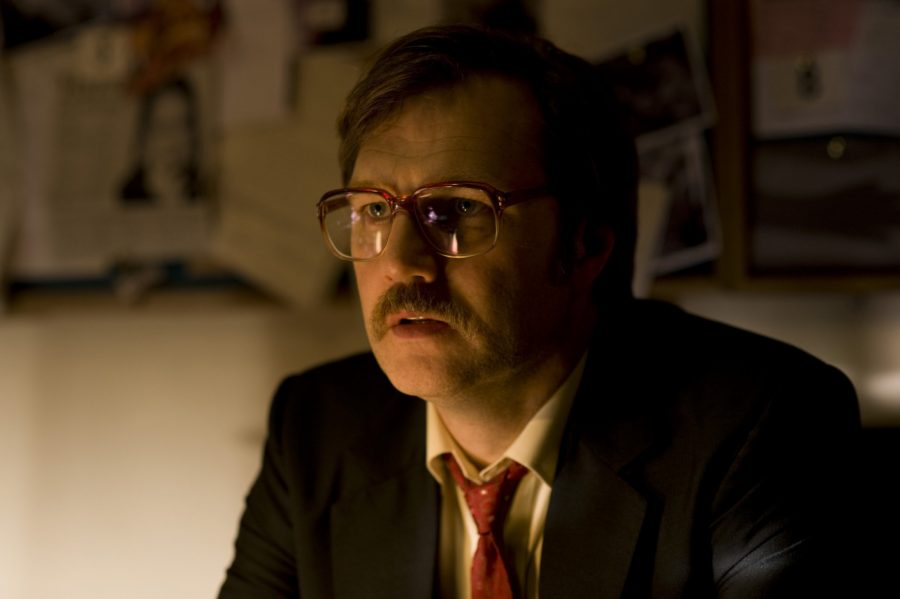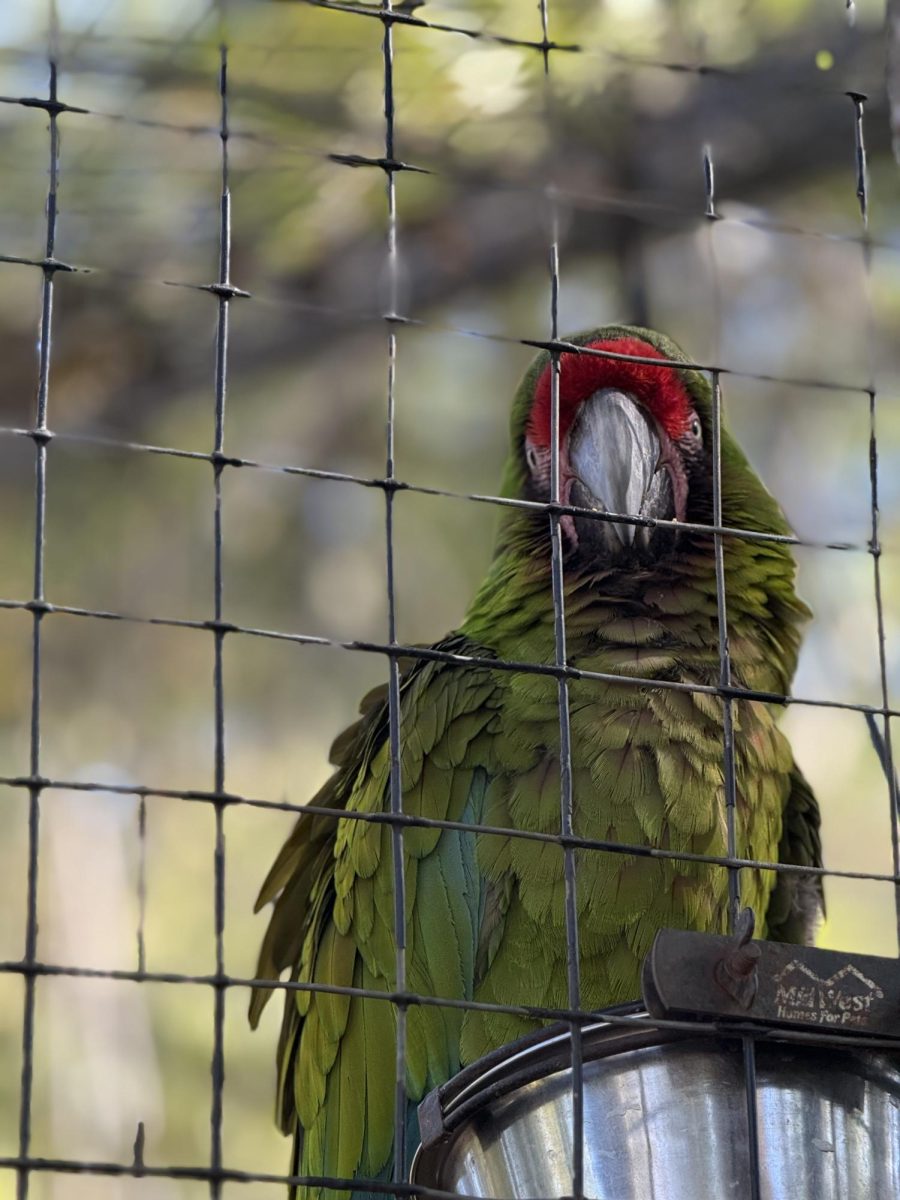Anand Tucker’s (Shopgirl) third and final installment shows us a different side of scenes we’ve seen before. It’s sobering to recognize the true nature of characters we’ve barely considered from “1974” and “1980.”
This includes the first of the film’s protagonists, DS Inspector Maurice Jobson (David Morrissey). When Jobson begins investigating the disappearance of a little girl resembling the ones from 1974, he remembers his involvement and his conscience weighs on him.
The film’s second protagonist, John Piggott (Mark Addy), is a solicitor for two young men who were accused and mistreated by the West Yorkshire police in relation to the 1974 disappearances and murder.
The flashbacks are often too confusing to keep up with (especially when there are some makeup continuity errors). It’s hard to know what is “past” and “present.”
As “1983” ends, there’s a more implausible, schmaltzy concern with what good can come after evil, not how people try to right what has been wronged as in “1974” and “1980.”
The “Red Riding Trilogy” is not a mini-series. It’s a trilogy of films, each directed by a different director and each meant to both stand on their own and contribute to an overarching narrative.
The problem with “1983,” to the detriment of the whole trilogy’s narrative, is that it cannot stand on its own.
As it relates to Piggott’s everyman crusade and Jobson’s moral awakening, the film is genuinely compelling and shocking. But it tries to wrap up storylines too neatly, thus losing the haunting power of the first two.



